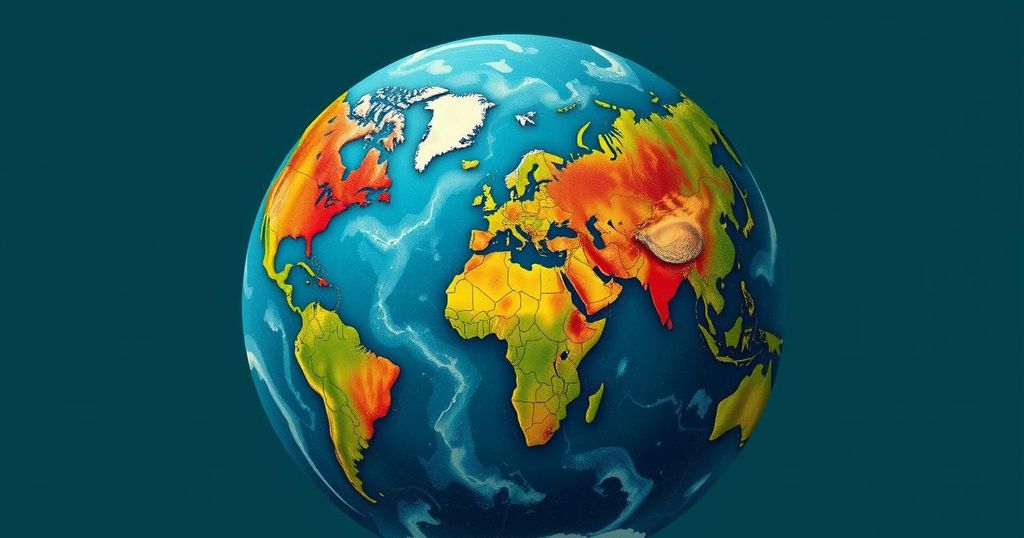At COP29, fears are rising regarding the setbacks in gender inclusivity as key references to women’s experiences were stripped from draft proposals, largely influenced by opposition from certain nations like Saudi Arabia. Notable figures, including former Irish President Mary Robinson, have voiced concerns over this regression, emphasizing the critical need for maintaining gender-responsive climate policies. The discussions signal a broader trend of reduced focus on gender issues within climate negotiations, posing risks to impactful climate action.
At COP29 in Baku, a significant concern has arisen regarding the visible retreat from previous commitments to gender inclusivity in climate negotiations. Renowned figures, including Mary Robinson, the first female president of Ireland, lamented the recent stripping of gender references from draft proposals at the summit. This development aligns with a broader trend, as highlighted by Robinson, where opponents of gender-inclusive language feel increasingly empowered, reflecting a wider backlash against gender considerations in various global contexts.
Despite previous climate summits recognizing the severe impacts of climate change on women, current negotiations are witnessing resistance, particularly from nations such as Saudi Arabia and Russia, which advocate for traditional values over inclusive policies. During COP29, a draft text recognized the necessity for climate finance to be “human rights-based and gender-responsive”; however, the overall commitment to gender equality appears to be waning. As highlighted by various participants, the percentage of female delegates at climate conferences remains disproportionately low, raising concerns about the future of gender-responsive climate policies.
Additionally, speakers at COP29, such as German Foreign Minister Annalena Baerbock, emphasized the essential role of women in combating climate change, asserting that progress requires consensus on gender issues. The lack of prioritization on gender discussions by the host country was noted, with activists expressing discontent over the perceived regression on gender considerations. Observers suggest that ongoing resistance against gender language in climate discussions could hinder vital progress, prompting calls from leaders like Canada’s Catherine Stewart for ongoing emphasis on gender in climate negotiations.
The topic of gender and climate change emphasizes the unique challenges that women face as a result of environmental shifts. Historically, studies have shown that women are disproportionately affected by climate-related disasters and displacement. As global initiatives to address climate change evolve, the inclusion of gender considerations is crucial for equitable solutions. Previous conferences have recognized the need to involve women in climate policy discussions, yet recent events, particularly COP29, indicate a troubling trend of diminishing reference to gender. Observers express concern that the regression in gender focus may hinder effective responses to climate change, particularly for those most vulnerable, including women and girls.
The recent developments at COP29 reflect a concerning backlash against gender inclusivity in climate negotiations, with key references to gender being removed from crucial draft proposals. Advocates stress the need for sustained emphasis on gender-responsive policies, especially considering the disproportionate impact of climate change on women. The empowerment of opponents to gender language at the international level may pose significant challenges to achieving equitable climate solutions, necessitating renewed collective action and commitment to gender equality in future discussions.
Original Source: www.rfi.fr







